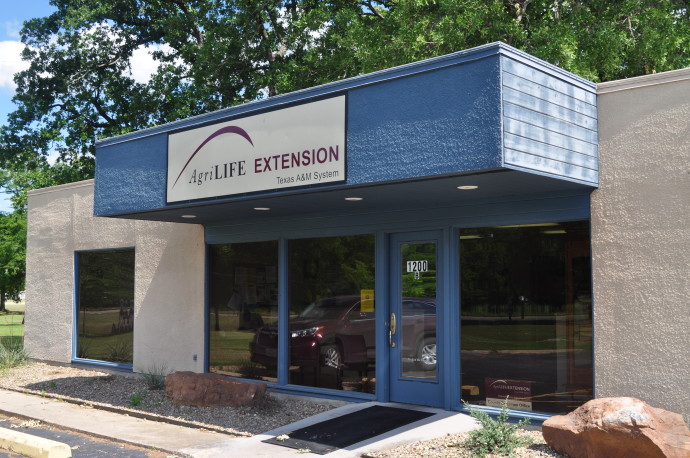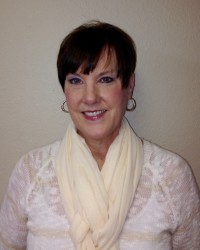 You’re Never Too Old to Stay Fit
You’re Never Too Old to Stay Fit
If you are a baby boomer, your adult years have flown by, filled with the competing demands of family, career and household responsibilities. Then, one day, you find yourself over the age of 50, possibly facing the prospect of retirement, aging, and often serving in a new role as caregiver to elderly relatives. The key is maintaining good health for yourself.
Your nutritional needs change as you age. While your body needs fewer calories every decade as your metabolism slows, your need for nutrient-rich feeds increase. Eating a well-balanced mix of foods every day may reduce your risk of heart disease, stroke, type 2 diabetes, bone loss, some cancers and anemia. A healthy diet provides nutrients that help your muscles, bone and organs throughout life. Consuming the right number of calories may also reduce your risk of many diseases.
For people who are 50+ years of age, the following daily calorie intake is suggested:
- Women: not active – 1600; moderately active – 1800; active – 2000-2200
- Men: not active – 2000; moderately active – 2200-2400; active – 2400-2800
Plan your meals and snacks to include protein, such as chicken, turkey, eggs, lean beef or pork, fish, beans and nuts. Increase fruit and vegetable intake, and make most of your grains whole grain (look at the nutrition label for the word “whole”.) Select low-fat or fat-free dairy products because they still provide the same amount of important nutrients, but have fewer calories.
If you tend to salt your food at the table before tasting it, you probably consume too much sodium. Take the salt shaker off the table and add more flavor to foods by using spices and herbs instead. The average American consumes 3 teaspoons per day, but only one teaspoon (2300 mg) is recommended. Individuals who have high blood pressure may be put on a restricted sodium diet, meaning even less than 2300 mg. Nutrition labels make it very easy to keep up with sodium content of your foods. Drink water instead of sugary beverages, and try to replace meat with seafood or fish twice a week.
Post-menopausal women may need to boost their calcium and/or Vitamin D intake. A lack of these important nutrients is linked to bone loss and an increased risk of falling. Getting enough Vitamin B12, which helps create red blood cells and keeps your central nervous system functioning well, may also be a challenge because your body can’t absorb it as well from food as you age.
Physical activity is one of the best things you can do for physical and mental health, and can even help individuals who have high blood pressure, arthritis, heart disease and diabetes. Your mood and stress levels can also be improved.
Gardening, walking the dog (or walking on any path and walking track), parking farther from the door, and taking the stairs instead of the elevator can all have health benefits. Ultimately, you will want to get 30 minutes of physical activity most days of the week. Start out slowly, with 5 to 10 minutes at a time at least three day a week. When you’re ready to do more, first build up the amount of activity, then the intensity.
Wear proper shoes and dress appropriately for the weather. Texas summers can be brutal, so pick early in the day or even one of the in-door venues, such as the mall or the ROC (Recreation Outreach Center) for walking. You can also start your own Walk Across Texas team! Go to http://walkacrosstexas.tamu.edu for more information. And of course, check with your doctor before you begin if you are at high risk of chronic diseases such as heart disease or diabetes, have been diagnosed with heart disease, diabetes, or osteoporosis, or if you smoke or are obese.
Just as the pressures of work and young family demands start to ease, you may find yourself caring for an older relative, and you’re not alone! More than 43.5 million adults between 50 and 64 are looking after an older family member, and nearly 15 million are caring for someone with Alzheimer’s disease or other dementia. Most of the caregivers (two-thirds) are women. Tasks range from shopping and cooking, to doing laundry, giving medication, dressing, grooming, bathing, and assisting in other ways.
Ask other family members to get involved when possible or get friends involved. Tell them exactly what you need. Be sure to get enough sleep and take a 30-minute walk to boost your mood and energy.
My sweet mom always said, “Growing old isn’t for the faint of heart!” She did not like asking for help, but I was glad to do what I could for her! In the long run, if you are caring for an aging relative, you won’t regret it, but remember to concentrate on what needs to get done and let the rest go. Remember to take care of yourself!
Closing Thought
There is one nice thing about need – it reveals your friends – Leroy Brownlow

Johanna Hicks
Texas A&M AgriLife Extension
Family & Consumer Sciences
1200-B W. Houston
P.O.Box 518
Sulphur springs, TX 75483
903-885-3443 – phone
903-439-4909 – Fax
[email protected]







